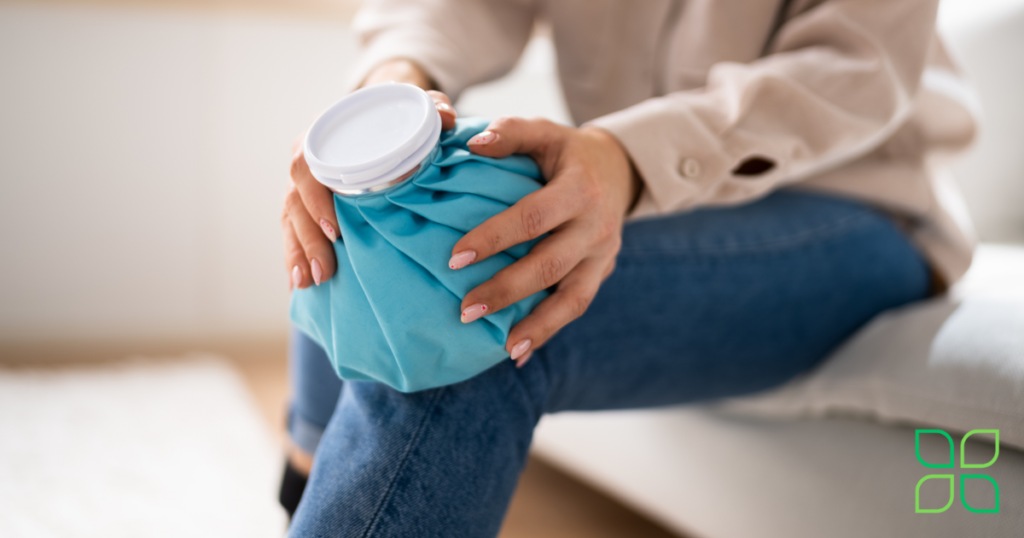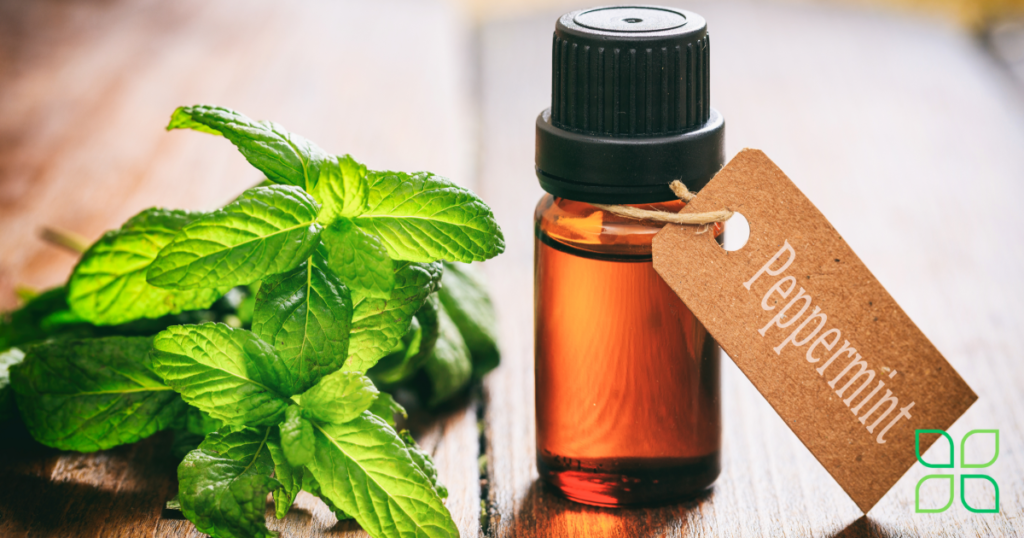Natural Remedies to Reduce Swelling After Surgery
Swelling is a common side effect following surgery and can significantly impact a patient’s recovery experience. While some swelling is normal, excessive swelling can lead to discomfort, delayed healing, and increased risk of complications. Fortunately, there are natural remedies that can help reduce swelling and promote faster recovery.

Understanding Post-Surgical Swelling
Post-surgical swelling, also known as edema, occurs when excess fluid builds up in the body’s tissues. This is a natural part of the inflammatory process that helps protect and heal the body. However, controlling this swelling is crucial to ensure a smoother recovery.
Statistics About Post-Surgical Swelling
According to a study published in the Journal of Surgery, approximately 80% of patients experience some level of swelling after surgery. The degree of swelling can vary depending on the type of surgery, the individual’s health status, and post-operative care.
Why Choose Natural Remedies?
Natural remedies are often preferred by patients who wish to avoid the side effects of medications. These remedies can be effective, safe, and beneficial in managing swelling while supporting the body’s natural healing processes.
Top Natural Remedies for Reducing Swelling
1. Cold Therapy
Applying cold packs or ice to the affected area can significantly reduce swelling. Cold therapy works by constricting blood vessels, thus reducing blood flow to the area and minimizing fluid accumulation.

Tip: Use ice packs wrapped in a cloth for 15-20 minute intervals, several times a day.
2. Elevation
Keeping the affected area elevated above heart level helps drain excess fluid away from the swollen area. This is particularly effective for surgeries involving the arms or legs.
Tip: Use pillows to elevate the limb while resting.
3. Herbal Compresses
Herbal compresses made from anti-inflammatory herbs like chamomile, arnica, or ginger can soothe and reduce swelling. These herbs have natural properties that encourage healing and reduce inflammation.
Example: Steep chamomile tea bags in hot water, let them cool, and then apply to the swollen area.
4. Essential Oils
Essential oils such as lavender, peppermint, and tea tree oil have anti-inflammatory and analgesic properties. Dilute these oils with a carrier oil and apply them topically to the affected area.

Tip: Perform a patch test to ensure there are no allergic reactions before full application.
5. Hydration and Diet
Staying well-hydrated helps flush toxins and reduces fluid retention. Additionally, a diet rich in anti-inflammatory foods like omega-3 fatty acids, leafy greens, and berries can aid in reducing swelling.
Tip: Aim for at least 8 glasses of water daily and incorporate foods like salmon, spinach, and blueberries into your meals.
6. Gentle Exercise
Engaging in gentle exercises such as walking or stretching can improve circulation and help reduce swelling. However, it’s crucial to follow the advice of your healthcare provider regarding post-surgical activity levels.

Precautions and Considerations
While natural remedies can be effective, it’s essential to consult with your healthcare provider before trying new treatments, especially after surgery. Some remedies may not be suitable for everyone, particularly those with allergies or specific medical conditions.
Conclusion
Managing swelling after surgery is a critical aspect of the recovery process. By incorporating natural remedies such as cold therapy, elevation, herbal compresses, essential oils, proper hydration, and gentle exercise, patients can effectively reduce swelling and enhance their healing journey.
Always consult with your healthcare provider to tailor these remedies to your specific needs and ensure a safe and efficient recovery.
